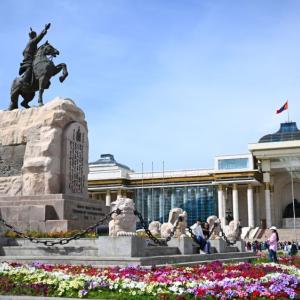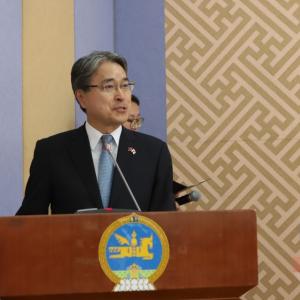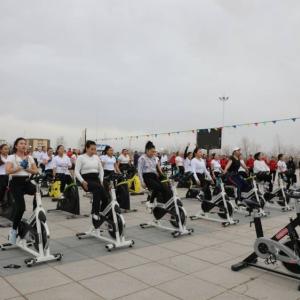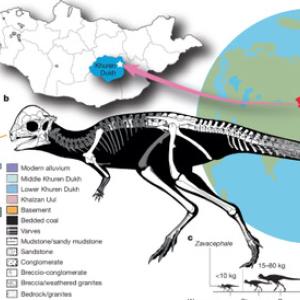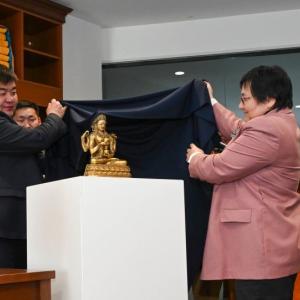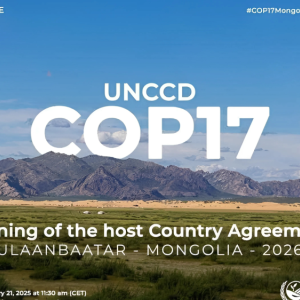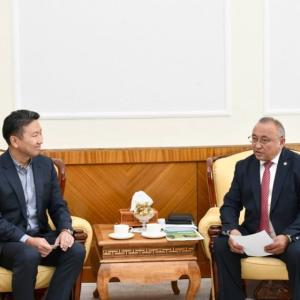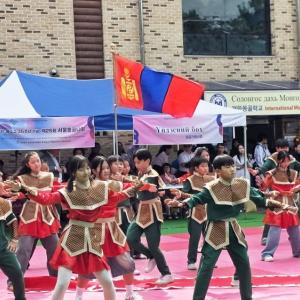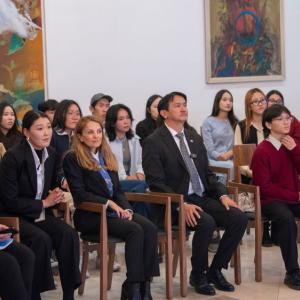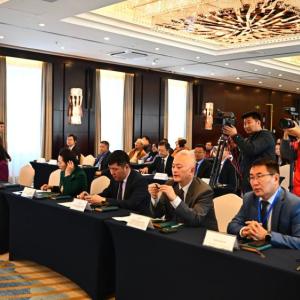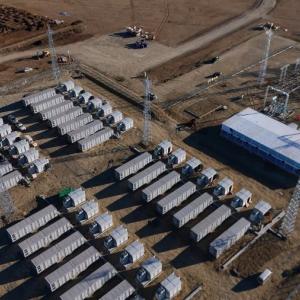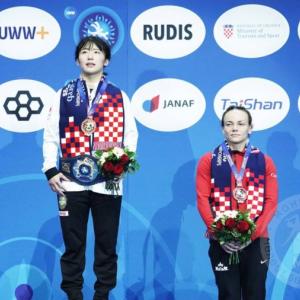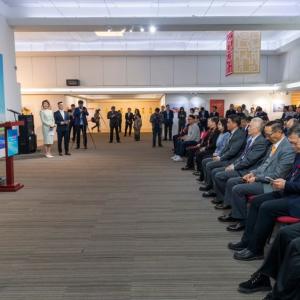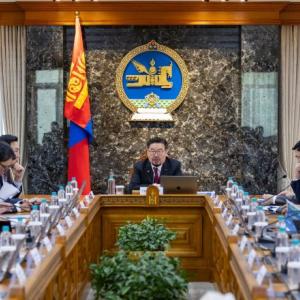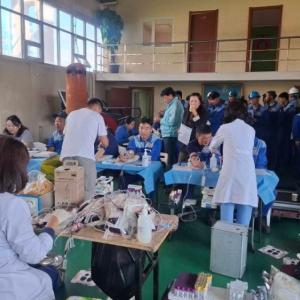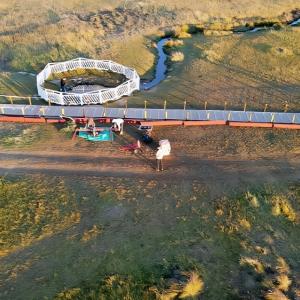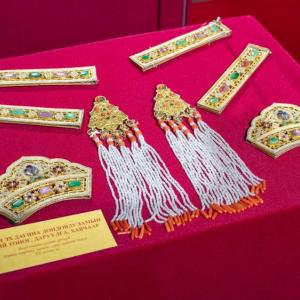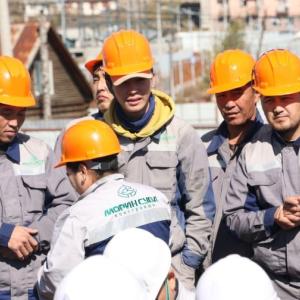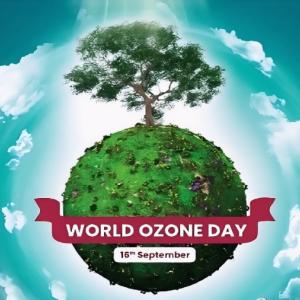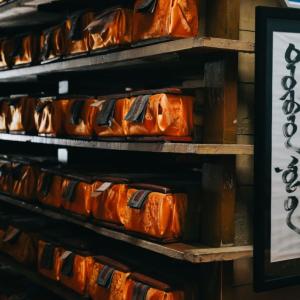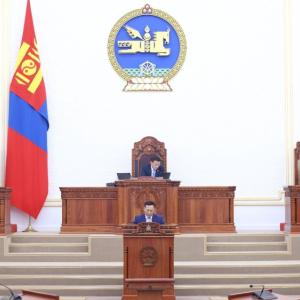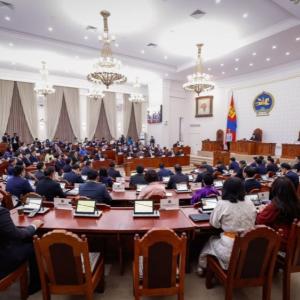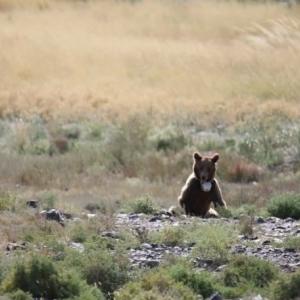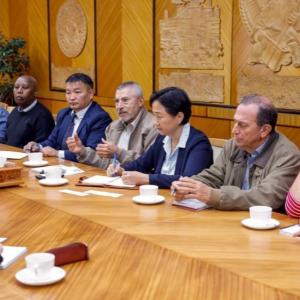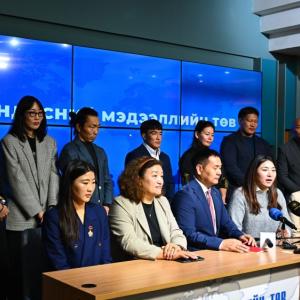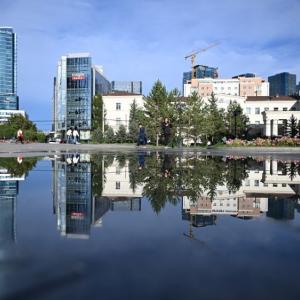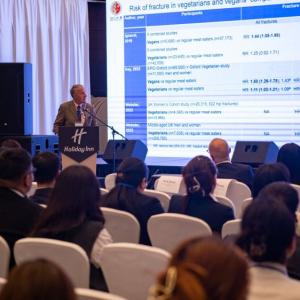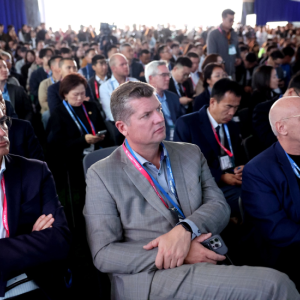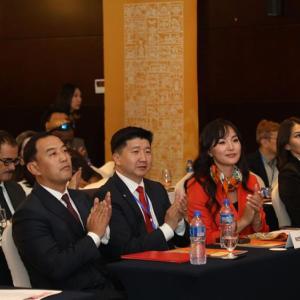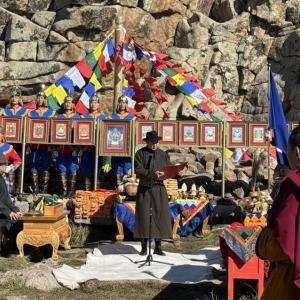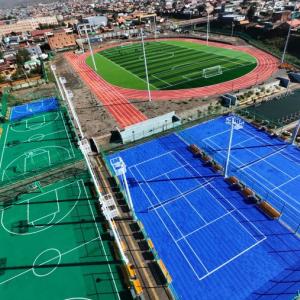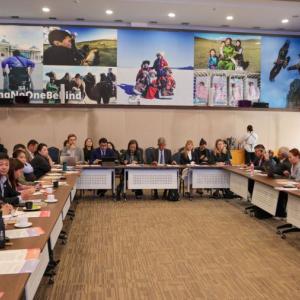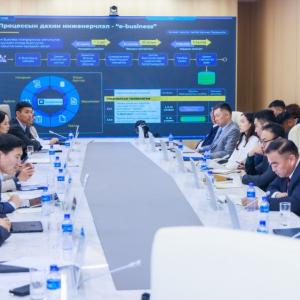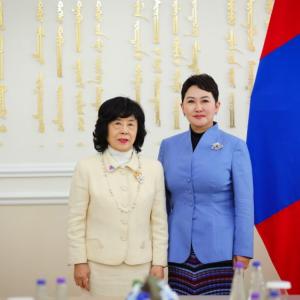U.Ganbaatar: Cooperatives will not be taxed as they are agents
The Mongol Messenger
The Government of Mongolia
declared 2022 the Year of Cooperative Promotion, We interviewed U.Ganbaatar,
Head of the Cooperative development department of the National Association of
Mongolian Agricultural Cooperatives on the efforts being made to develop
cooperatives in the country.
-The
revised law on cooperatives was approved by the State Great Khural and came
into force on January 1, 2022. What new articles and clauses were added to
support the development of cooperatives?
A number of important
amendments were made. In particular, it was difficult when it came to spending
the cooperative funds, taking out loans, and attracting investment as those
funds were considered a shared asset in cooperatives. It was required to
collect the signatures of members of the cooperative to use the asset. But
it was impossible to get the signatures of dispersed herders together with
copies of their identification cards as cooperatives can have 100 to 500
members. The revised law enables better regulation of the use of the
cooperative funds, solving the issue where the bank would reject the loan
request if even a single member refuses.
The revised law specifies the
rights and responsibilities of cooperatives and enables them to make decisions
independently. The board members shall be appointed on a representative basis
and there shall be a chairperson and a supervisory council. The leaders shall
manage the daily operation of the cooperative and represent the members in
their absence, while the supervisory council has the right to supervise the
leaders’ activities. Moreover, changes were made to the structure and
organization of cooperatives and the responsibilities and duties of the leaders
and the supervisory council are defined. The quorum for a plenary meeting of
cooperative members was changed from 60 percent to 51 percent. The duties and capacity
of the cooperative executive director will be defined in a regulation and may
be changed at plenary meetings.
In accordance with a
regulation passed by the Ministry of Finance, the capital invested by one
member was not allowed to exceed 20 percent of the cooperative capital. As one
member’s investing too much capital can undermine the equality principles, the
amount was decreased to 15 percent in the revised law. The law also defines how
the relevant ministry and associations shall work to support cooperatives.
Moreover, the cooperatives used to pay value added tax like other businesses, but now the sales revenue is exempt from value added tax. As a cooperative is an agent, no tax will be imposed on its products. Cooperatives do not make any profits as they sell the wool and hides of their members.

-How
easy is it for the widely dispersed herders of Mongolia with nomadic livestock
farming to form cooperatives? What advantages does working together as a
cooperative bring?
The dispersal of herders
prevents them from networking and causes their raw materials to lose value. The
resellers are the ones who have been making most of the profits in the last 30
years. Being organized into cooperatives allows the herders to network, get
reliable information fast, sell their products through their cooperatives for
profit, and manage pasture together. The herders will discuss where they will
be spending the winter, spring or autumn with one another for better pasture
management. It is important to form cooperatives based on where the herders
reside, their area of business, and what lifestyle they have. It is possible
for the herders to submit their suggestions to the land-use plan approved by
their local council. Pasture improvement can be ensured through cooperatives.
The more disperse they are, the harder it would be to solve pasture issues and
add value to the products. It is more advantageous to process their milk and
sell their raw materials at higher prices through a cooperative. The herders
have been fighting over pastureland since the increase in livestock population.
It is important for them to have positive, caring relationships with each
other, network, solve their issues together through mutual understanding, and
be organized. Improving livestock breeds is an issue worth the attention of the
livestock farmer community, not a single herder.
-Will
customers be able to buy the products without additional price with herders’ being
organized into cooperatives?
The cooperatives should be on
a par with resellers to compete with them, but are not yet at their level in
terms of capacity. There are a few model cooperatives that are operating
successfully. ‘Khuvdelger’ cooperative of herders in Delger soum of Gobi-Altai
aimag that sells most of the raw materials in the soum has put resellers in
their place. ‘Buyan-Undral’ cooperative in Darvi soum that was once awarded the
best national cooperative has been successfully preventing resellers from interfering.
‘Davshikh zam’ cooperative in Gurvansaikhan soum of Dundgobi aimag is also
driving resellers out of business with the right management. When all herders
become aware of the fact that the cooperatives are their property, resellers
will have lesser impact. Unfortunately, not all of the cooperatives around the
country are like that at present.
-In
what areas of business do the model cooperatives operate? What measures are
being taken as part of the Year of Cooperative Promotion?
People are forming
cooperatives to mainly sell raw materials obtained from animals including hide
and wool. Cooperatives that offer raw materials also prepare meat. Cooperatives
have evolved in different ways since the establishment of the country’s first
cooperative. The government has declared 2022 the Year of Cooperative Promotion
in addition to the revision of the law on cooperatives. First of all, the food
and agriculture departments of 21 aimags are assessing cooperatives to
determine their capacity. There are 4,400 cooperatives in the country, but it
is unknown that how many are active or inactive and how many are in need of
support. The assessment will be conducted biennially.
Every cooperative should be newly registered within a year since the law came into force. As changes have been made in the legal framework, the cooperatives are required to change their statutes and regulations in accordance with the law. The registration will be completed on May 6. The cooperatives are being registered in accordance with a protocol approved with advice from the Ministry of Food, Agriculture and Light Industry, General Authority of State Registration, and professional associations.

-What
activities are being carried out to make the law known to herders in rural
areas?
As cooperatives may fail to
make use of the opportunities and advantages they are offered due to lack of
information, we will promote the law through numerous channels. The information
will be disseminated through local television networks and magazines. We also
regularly conduct trainings for local specialists in charge of cooperatives and
small and medium enterprises. They will pass the information to the herders.
The soum development funds
have been turned into cooperative development funds. We have developed a
regulation on cooperative development funds and sent them to soums. The
cooperative development fund will provide loans. Cooperatives in rural areas
are required to have been active for the last three years and loans have been
issued since March 2022. This will prevent those who are close to the
information source from establishing new cooperatives to take out loans.
-Forming
cooperatives allows the herders to work under unified management. What efforts
are being made for their health and social protection?
The National Association of Mongolian Agricultural
Cooperatives signed a cooperation agreement with the International Labor
Organization under the ‘Extending Social Protection to Herders with Enhanced
Shock Responsiveness’ project in August 2020 to extend health and social
insurance to herders through cooperatives. The project was successfully
implemented for over a year at six cooperatives in Zavkhan aimag, involving
around 60 herders.

 Ulaanbaatar
Ulaanbaatar

